Table of Contents[Hide][Show]
- Nutrivore Score for Sunflower Seeds – 340
- Sunflower Seed Nutrition Facts
- Sunflower Seed Nutrition Varies With Cooking and Processing
Health Benefits of Sunflower Seed Nutrients+−
- Sunflower Seeds Provide 75% DV Vitamin B7 (Biotin)
- Sunflower Seeds Provide 69% DV Vitamin E
- Sunflower Seeds Provide 56% DV Copper
- Sunflower Seeds Provide 354.4 mg of Polyphenols
- Sunflower Seeds Provide 38% DV Linoleic Acid
- Sunflower Seeds Provide 35% DV Vitamin B1 (Thiamin)
- Sunflower Seeds Provide 27% DV Selenium
- Sunflower Seeds Provide 26% DV Monounsaturated Fatty Acids (MUFA)
- Sunflower Seeds Provide 24% DV Manganese
- Sunflower Seeds Provide 22% DV Magnesium
- Sunflower Seeds Provide 22% DV Vitamin B6 (Pyridoxine)
- How Much Sunflower Seeds Should We Eat Per Day?
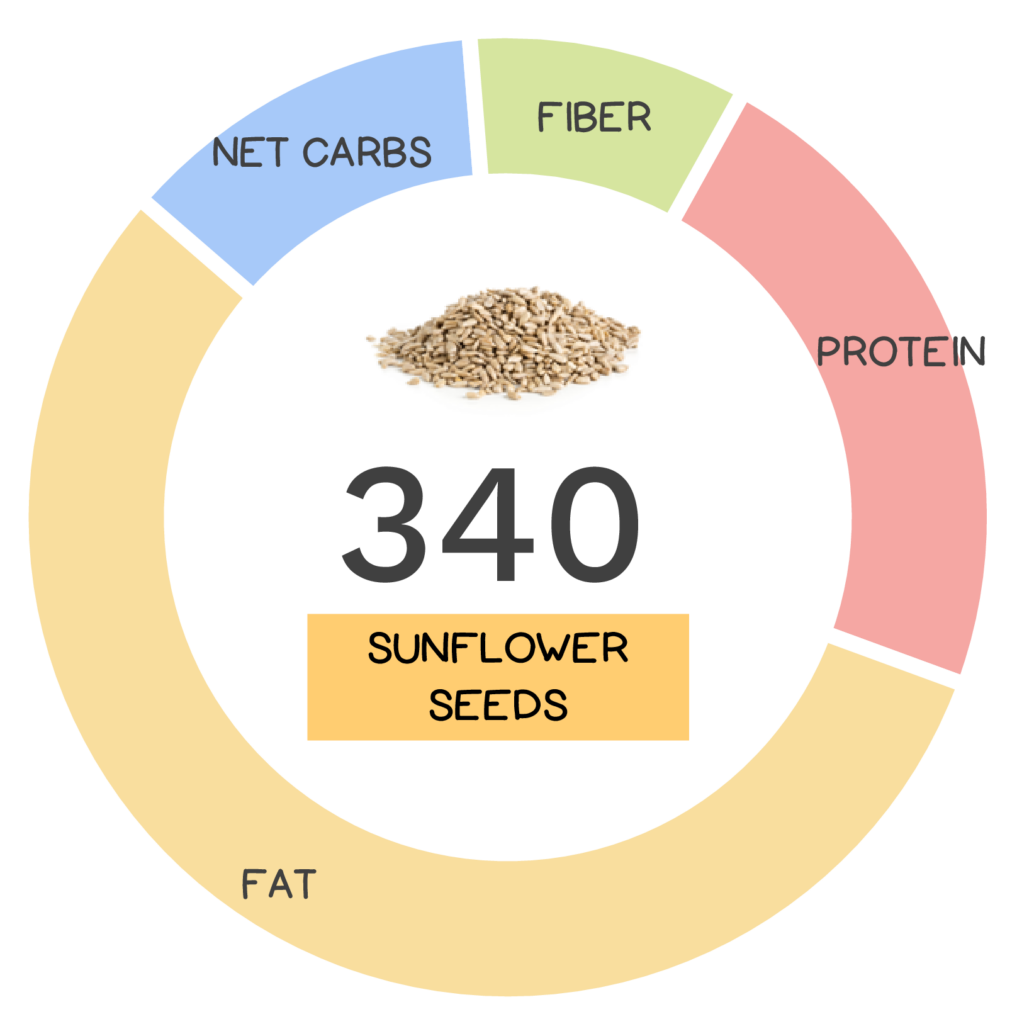
Sunflowers have recently “grown” in popularity, given the latest craze of hordes of people descending upon sunflower fields for family photo-ops and selfies. But, these giant flowers, reminiscent of the sun, aren’t just pretty to look at! This flower is considered a legitimate crop, grown for its edible oil and seeds, which aren’t just for the birds or baseball players looking to replace chewing tobacco!
Wild sunflowers are widely branched with many flower heads, as opposed to the domesticated version which typically contains one large flower head.
As you might expect, sunflower seeds come from the common sunflower (Helianthus annuus). The wild version of this plant is widely branched with many flower heads, as opposed to the domesticated version which typically contains one large flower head. Based on archaeological evidence, sunflowers appear to have first been domesticated in Mexico around 2600 BC and were also cultivated by Native Americans in the US. Indigenous peoples had various uses for them, including as food, medicine or for dye. In the 16th century, sunflower seeds were brought to Europe by Spanish explorers where they also became popular.
Each sunflower head can contain as many as 1000 to 2000 seeds!
The seeds (which are actually fruit) come from disk flowers in the center of the head, which are arranged spirally resulting in a pattern that packs the highest number of seeds mathematically possible within the flower head! (Amazingly, each head can contain as many as 1000 to 2000 seeds!) There are actually three types of sunflower seeds, each with its own unique distribution of fats. The most common type is linoleic, with high oleic and sunflower oil seeds also in the mix. Seeds with solid black husks are typically pressed for oil extraction, while those that are striped are enjoyed as snack food. This “spitting” snack is well-loved in many countries where freshly roasted sunflower seeds are popular street food but are also available commercially plain, roasted, salted and/or flavored in various ways.
Seeds with solid black husks are typically pressed for oil extraction, while those that are striped are enjoyed as snack food.
Although there is something distinctively satisfying about cracking the shell open with your teeth, sunflower seeds are also available without their exterior hull, and these de-shelled kernels work well as a garnish or topping to salads, cereals or in baked goods and breads. Sunflower seeds can also be made into sunflower butter which is a great alternative to peanut butter and the shells from sunflower seeds may be burned as a biomass fuel. Sunflower oil, extracted from the seeds, is used in cooking as an alternative to olive oil, with the remnants used as animal feed. The tallest sunflower on record was and astounding 30.1 ft or 9.2 m high and contrary to popular belief, mature sunflowers do not track the sun, but continuously face east (although it’s true that immature flower buds do track the sun – a process known as heliotropism)!
Learn How All Foods Can Fit into a Healthy Diet
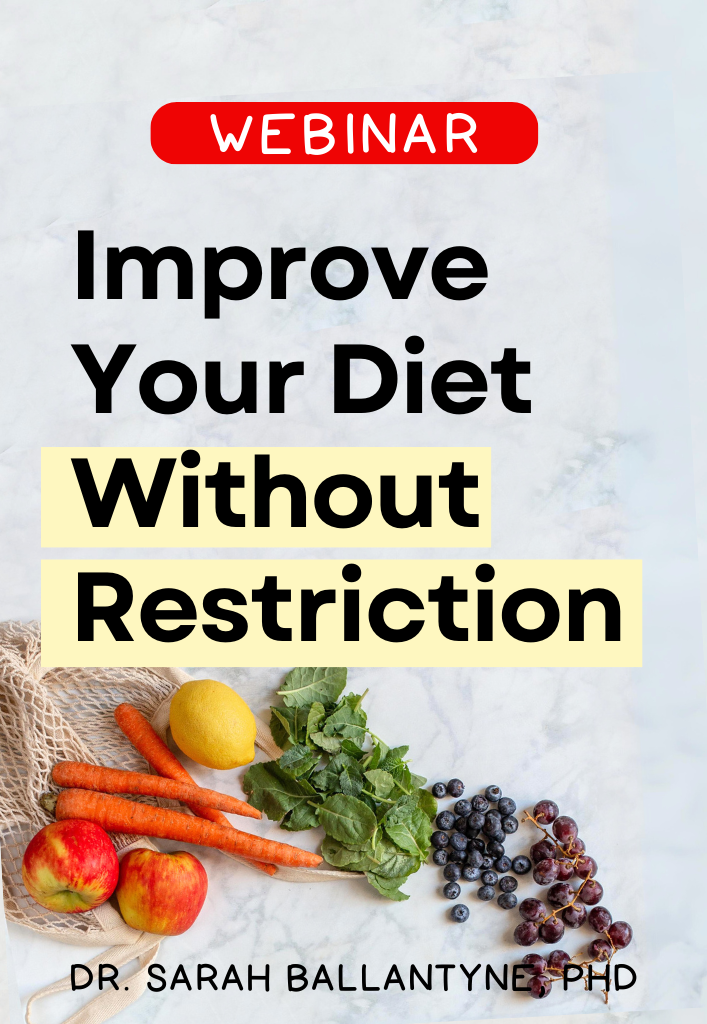
Improve Your Diet Without Restriction
Learn how to take a non-restrictive approach to eat nutrients, enjoy food, and live well.
In this webinar, Dr. Sarah will teach you how use Nutrivore to boost nutrient intake without drastic changes, improve your relationship with food, evaluate your diet’s quality, and adopt a balanced, moderation-focused mindset for long-term success. Say goodbye to the guilt-blame cycle and discover a nourishing approach to eating.
Buy now for instant digital access.
Nutrivore Score for Sunflower Seeds – 340
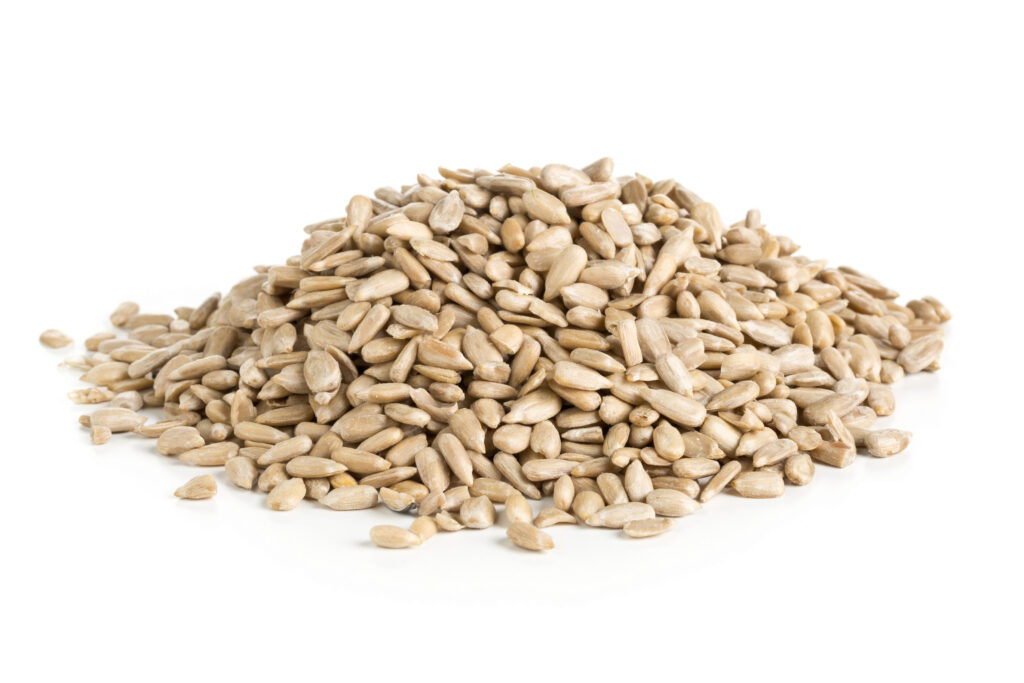
Sunflower seeds have a Nutrivore Score of 340, making them a medium nutrient-dense food! Plus, they are a low-carb food; sunflower seeds have 3.2 grams of net carbs per 1-ounce serving!
Per serving, sunflower seeds are a best source (>50% daily value) of copper, vitamin B7 (biotin), and vitamin E; an excellent source (20-50% daily value) of linoleic acid, magnesium, manganese, monounsaturated fatty acids (MUFA), polyphenols, selenium, vitamin B1 (thiamin), and vitamin B6 (pyridoxine); and a good source (10-20% daily value) of phosphorus, protein, vitamin B3 (niacin), vitamin B9 (folate), and zinc.
Ditch Diets. Embrace Nutrients. Start with this FREE Guide.
Sign up for the free Nutrivore Newsletter, your weekly, science-backed guide to improving health through nutrient-rich foods — without dieting harder —and get the Beginner’s Guide to Nutrivore delivered straight to your inbox!

Sunflower Seed Nutrition Facts
One serving of sunflower seed kernels is standardized to 28 grams (1 ounce). To put this in perspective: one serving of sunflower seed kernels is equivalent to 1/5 cup sunflower seed kernels.
Sunflower Seed Nutrition Facts Per Serving
| Sunflower seed kernels, dried | Nutrivore Score: 340 | Nutrient Density: Medium |
|---|---|---|
| Serving Size: 1 ounce (28 grams) | Protein: 5.8 grams | Net Carbohydrates: 3.2 grams |
| Calories: 164 | Total Fat: 14.4 grams | Dietary Fiber: 2.4 grams |
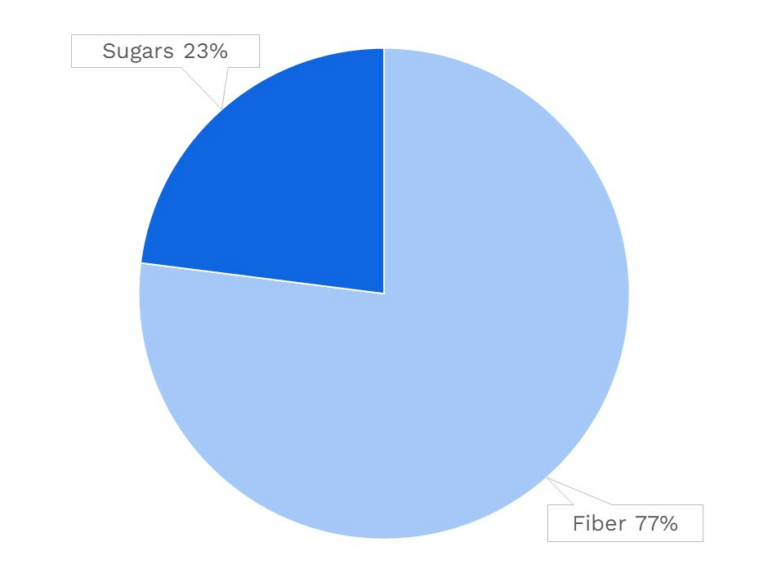
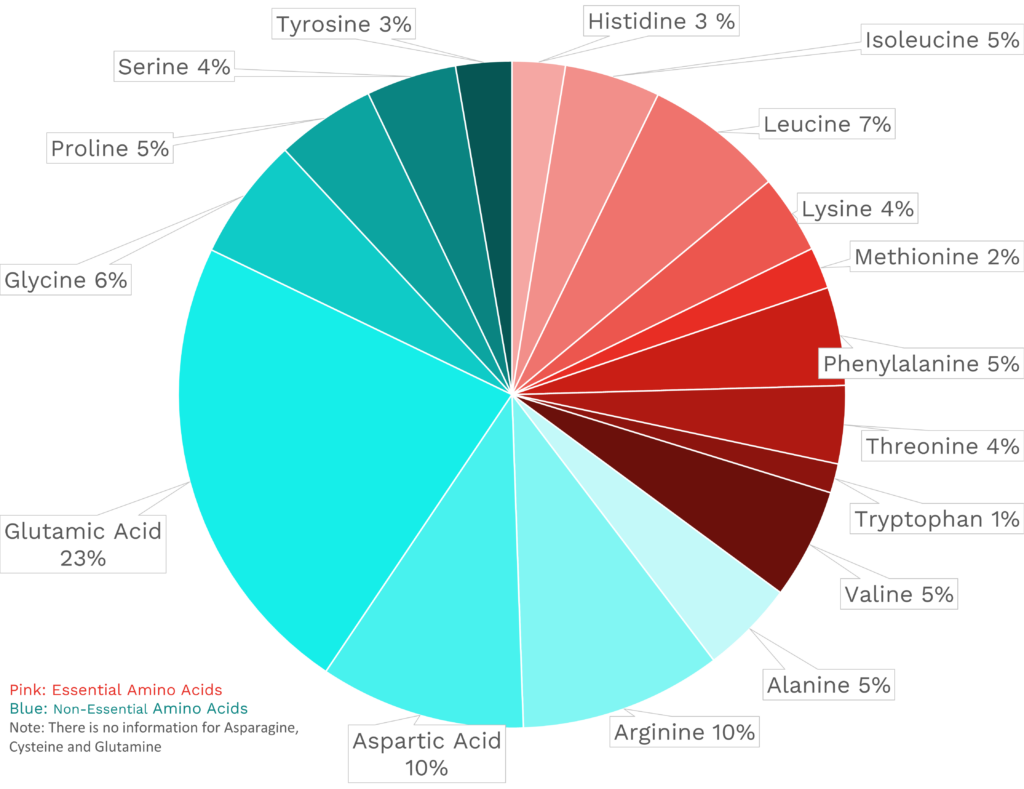
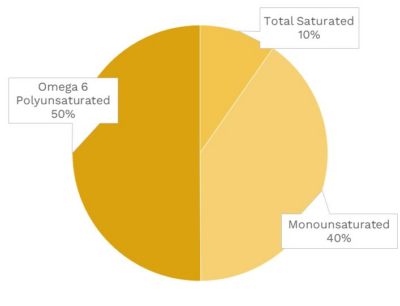
| VITAMINS | ||
|---|---|---|
| Vitamin A | 0.8 μg RAE | 0% DV |
| Vitamin B1 (Thiamin) | 414.4 μg | 35% DV |
| Vitamin B2 (Riboflavin) | 99.4 μg | 8% DV |
| Vitamin B3 (Niacin) | 2.3 mg | 15% DV |
| Vitamin B5 (Pantothenic Acid) | 0.3 mg | 6% DV |
| Vitamin B6 (Pyridoxine) | 376.6 μg | 22% DV |
| Vitamin B7 (Biotin) | 22.4 μg | 75% DV |
| Vitamin B9 (Folate) | 63.6 μg | 16% DV |
| Vitamin B12 (Cobalamin) | 0.0 μg | 0% DV |
| Vitamin C | 0.4 mg | 0% DV |
| Vitamin D (D2 + D3) | 0.0 μg | 0% DV |
| Vitamin E | 10.3 mg | 69% DV |
| Vitamin K | 0.0 μg | 0% DV |
| Choline | 15.4 mg | 3% DV |
| Myo-Inositol | 3.4 mg | ~ |
| CoQ10 | ~ | ~ |
| FUNCTIONAL FATS | ||
|---|---|---|
| MUFA | 5.2 g | 26% DV |
| ALA | 16.8 mg | 1% DV |
| EPA + DHA | 3.9 mg | 2% DV |
| CLA | ~ | ~ |
| Linoleic Acid | 6.5 g | 38% DV |
| MCT’s | 0.0 g | ~ |
| MINERALS | ||
|---|---|---|
| Calcium | 21.8 mg | 2% DV |
| Copper | 504.0 μg | 56% DV |
| Iodine | ~ | ~ |
| Iron | 1.5 mg | 8% DV |
| Magnesium | 91.0 mg | 22% DV |
| Manganese | 546.0 μg | 24% DV |
| Phosphorus | 184.8 mg | 15% DV |
| Potassium | 180.6 mg | 4% DV |
| Selenium | 14.8 μg | 27% DV |
| Sodium | 2.5 mg | 0% DV |
| Zinc | 1.4 mg | 13% DV |
| PHYTONUTRIENTS | ||
|---|---|---|
| Carotenoids | 8.4 μg | ~ |
| Polyphenols | 354.4 mg | ~ |
| Phytosterols | 90.2 mg | ~ |
| Glucosinolates | ~ | ~ |
| Thiosulfinates | ~ | ~ |
| Betalains | ~ | ~ |
| AMINO ACIDS & PEPTIDES | ||
|---|---|---|
| Taurine | ~ | ~ |
| Ergothioneine | ~ | ~ |
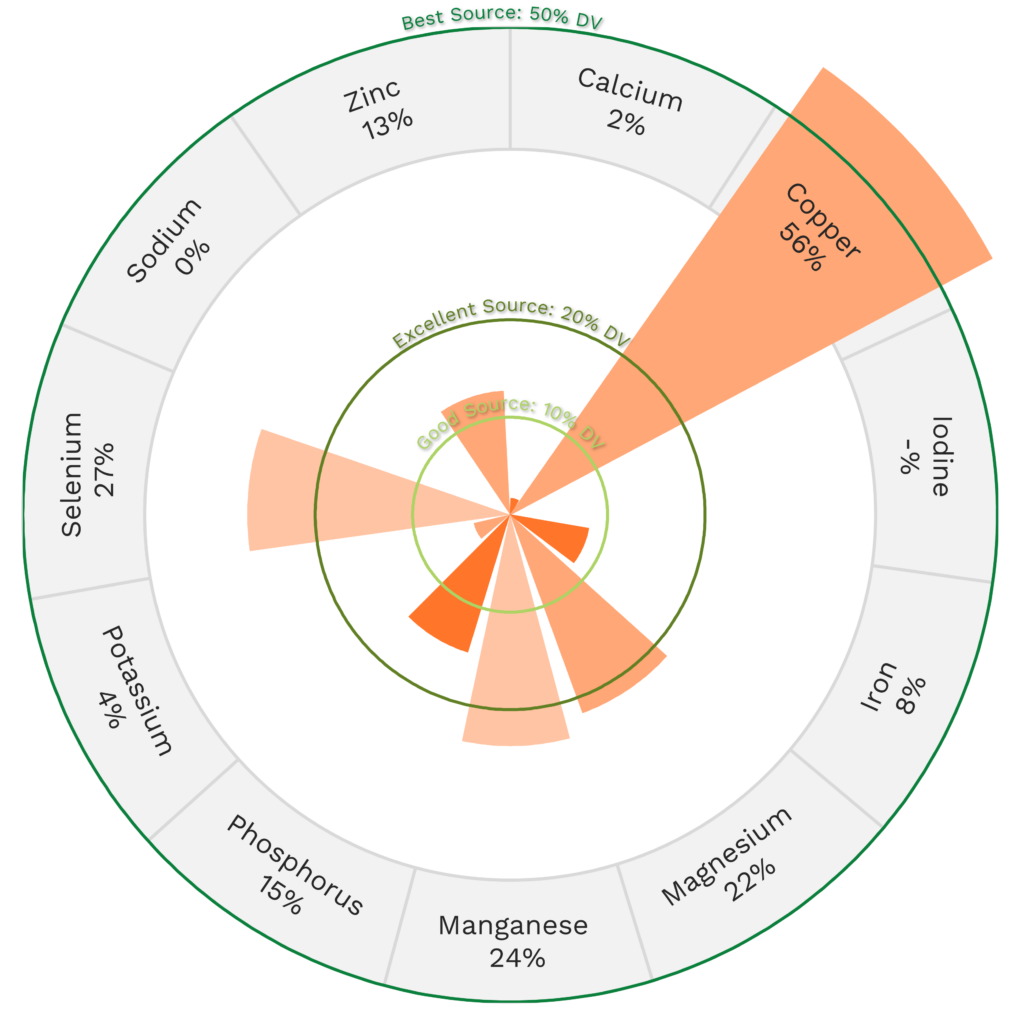
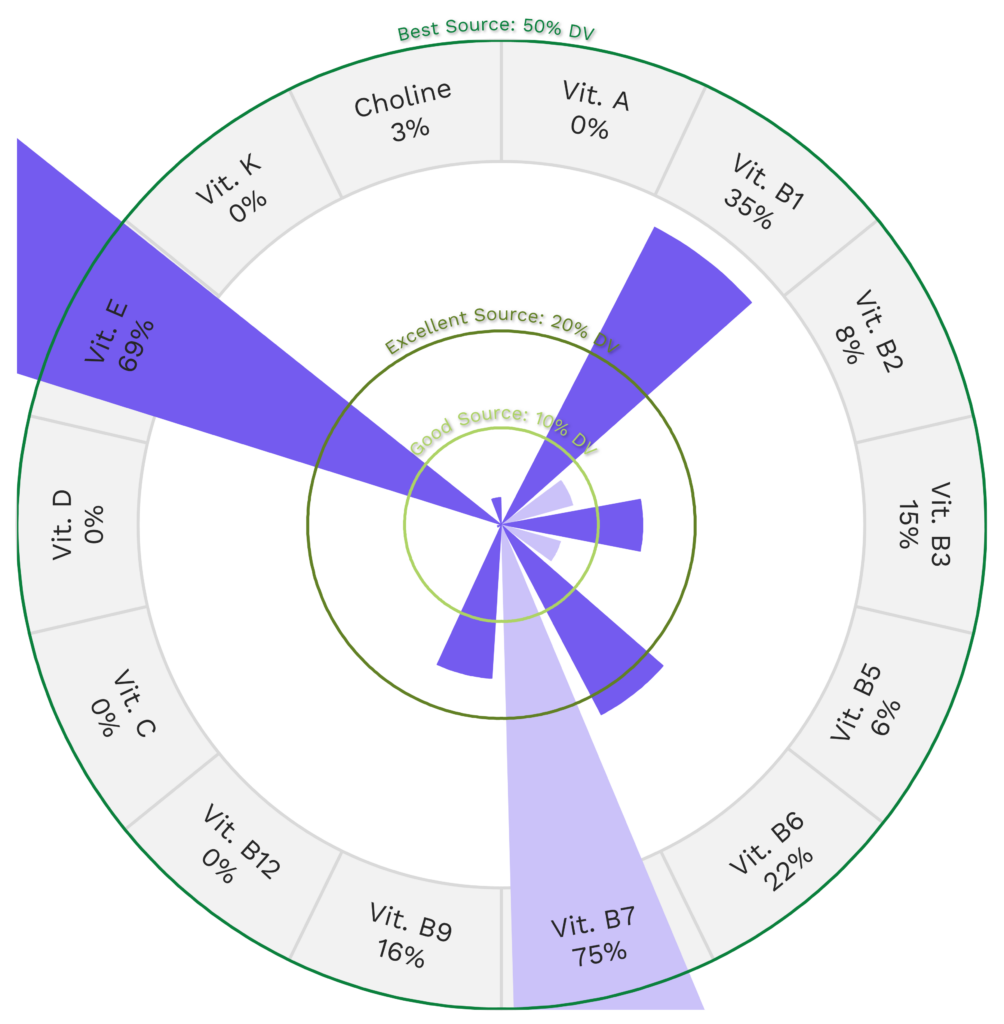
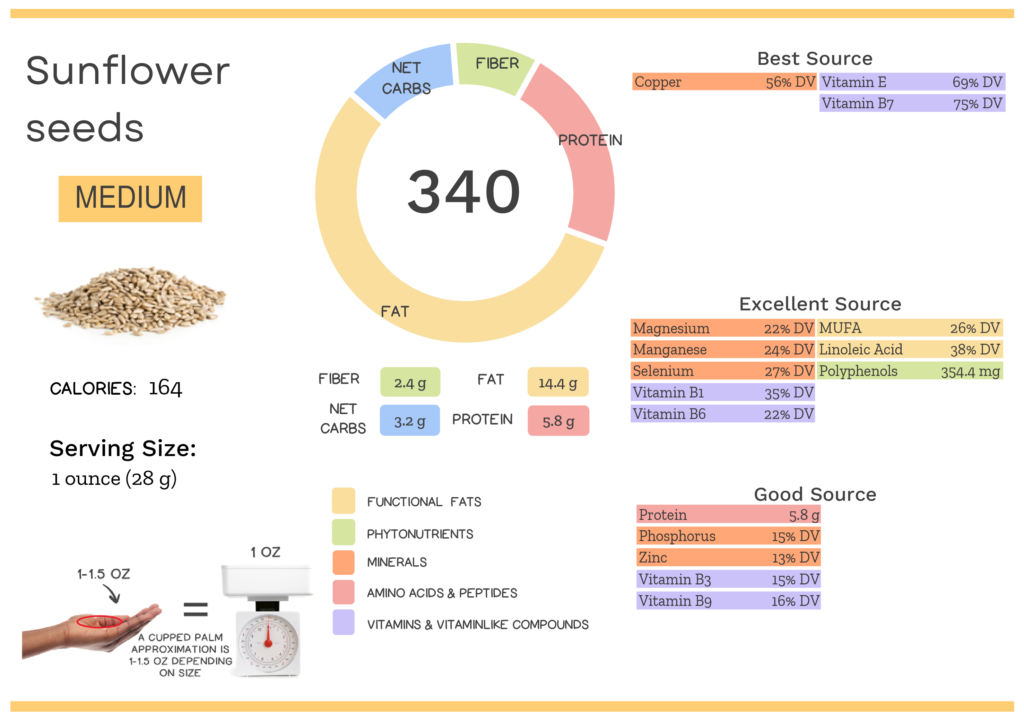
Sunflower Seed Nutrition Varies With Cooking and Processing
The Nutrivore Score of sunflower seeds varies depending on processing. This popular snack food is available with and without the exterior hull and is enjoyed plain, roasted in various ways, salted and/or flavored. Sunflower seeds can also be made into sunflower butter, which is a great alternative to peanut butter, and sunflower oil, extracted from the seeds, is used in cooking as an alternative to olive oil.
| NUTRIVORE SCORE | |
|---|---|
| Sunflower oil, high oleic (70% and over) | 105 |
| Sunflower oil, linoleic (approximately 65%) | 104 |
| Sunflower oil, linoleic (less than 60%) | 921 |
| Sunflower oil, linoleic (partially hydrogenate) | 104 |
| Sunflower oil, mid-oleic, industrial | 104 |
| Sunflower seed butter, with salt added | 3081 |
| Sunflower seed butter, without salt added | 3081 |
| Sunflower seed kernels from shell, dry roasted, with salt added | 2721 |
| Sunflower seed kernels, dried | 340 |
| Sunflower seed kernels, dry roasted, with salt added | 333 |
| Sunflower seed kernels, dry roasted, without salt added | 334 |
| Sunflower seed kernels, oil roasted, with salt added | 340 |
| Sunflower seed kernels, oil roasted, without salt added | 340 |
| Sunflower seed kernels, toasted, with salt added | 333 |
| Sunflower seed kernels, toasted, without salt added | 333 |
Did all the nutrition in sunflower seeds ex-seed your expectations? Maybe your friends will be impressed too!
Health Benefits of Sunflower Seed Nutrients
Let’s take a closer look at all of the best and excellent source of nutrients found in a 1-ounce serving of sunflower seeds and see how they benefit our health.
Sunflower Seeds Provide 75% DV Vitamin B7 (Biotin)
Sunflower seeds are a best source of vitamin B7 (biotin), providing 75% of the daily value per 1-ounce serving!
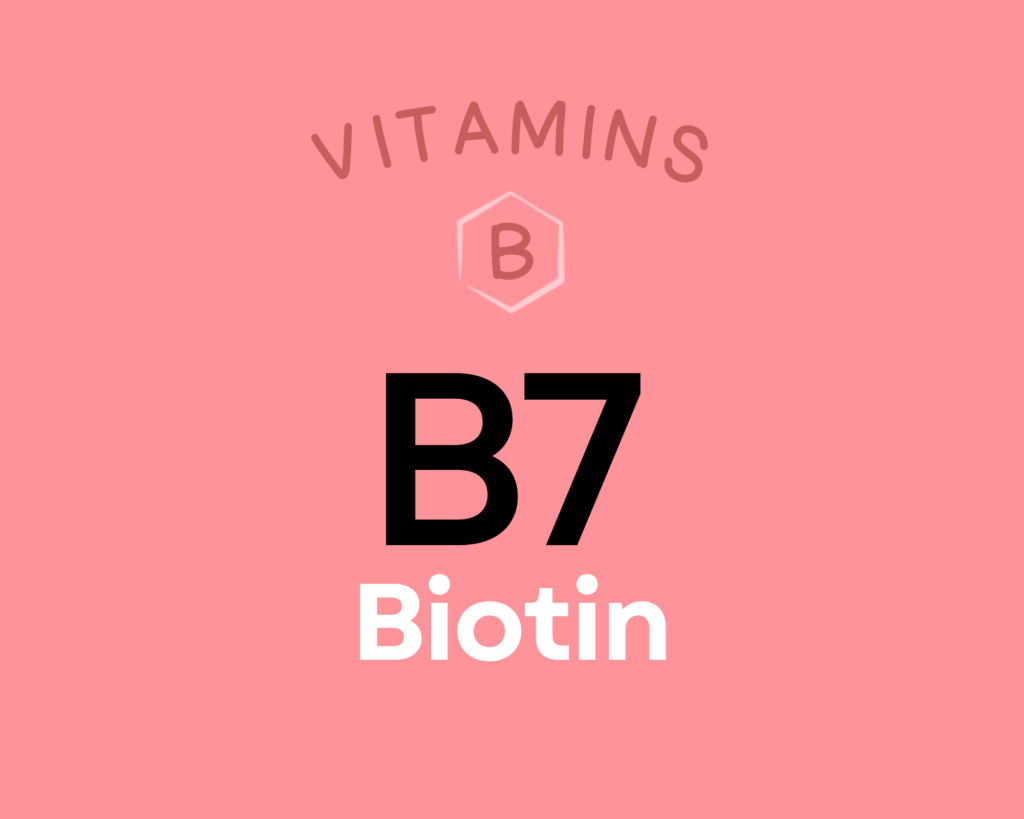
Biotin is a water-soluble B vitamin, also known as vitamin B7. Like other B vitamins, it plays an important role in energy metabolism (serving as a coenzyme for five carboxylase enzymes), neurotransmitter production, cellular function, and the function of various organs. Getting enough biotin can help support healthy nail and hair growth. It’s also particularly important during pregnancy, with low intakes increasing the risk of premature delivery and birth defects. There’s even some evidence biotin can benefit diabetics and reduce functional disabilities in people with multiple sclerosis. Learn more about biotin here.
Sunflower Seeds Provide 69% DV Vitamin E
Sunflower seeds are also a best source of vitamin E, providing 69% of the daily value per 1-ounce serving!
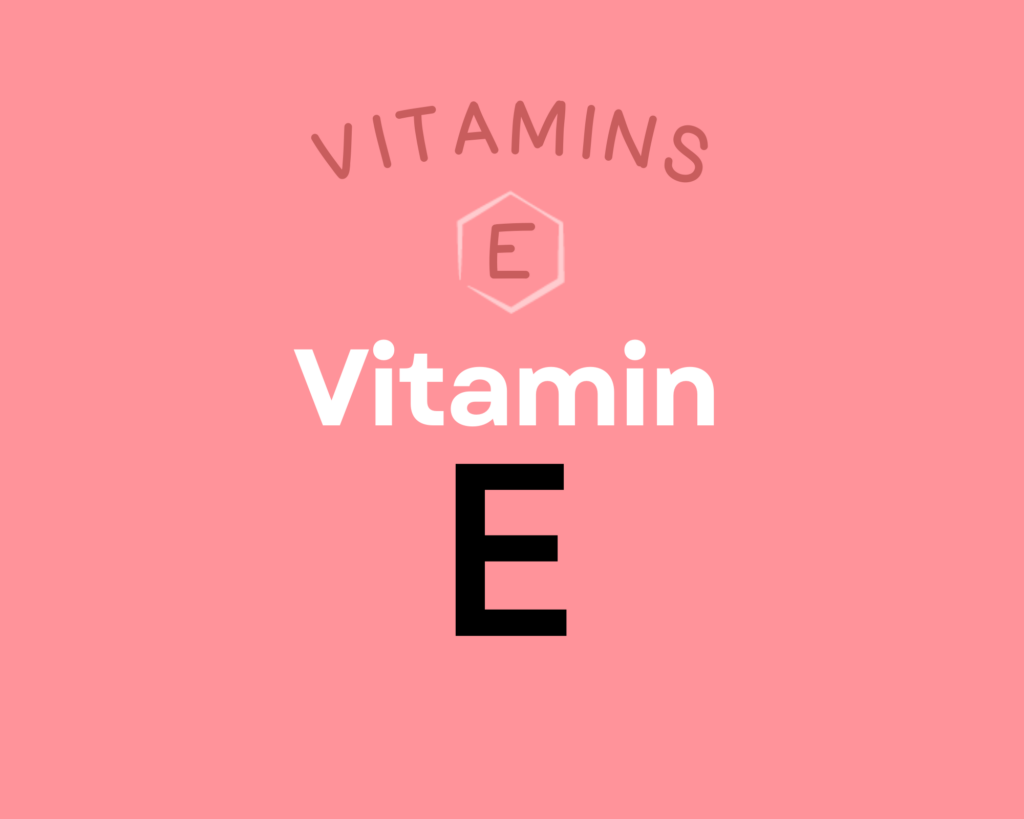
Vitamin E is actually a group of eight different vitamins, though the form alpha-tocopherol is the most biologically important. Its most significant role is as a fat-soluble antioxidant, protecting the lipids in cell membranes from oxidative damage. Its free radical-scavenging abilities make vitamin E helpful for cardiovascular health, cancer protection, neurological health (including slowing the progression of Alzheimer’s disease), and any situations where oxidative stress increases (such as during pregnancy). There’s even evidence that getting enough vitamin E can reduce the risk of the common cold! Learn more about vitamin E here.
Sunflower Seeds Provide 56% DV Copper
Sunflower seeds are a fantastic source of copper, providing 56% of the daily value per 1-ounce serving!
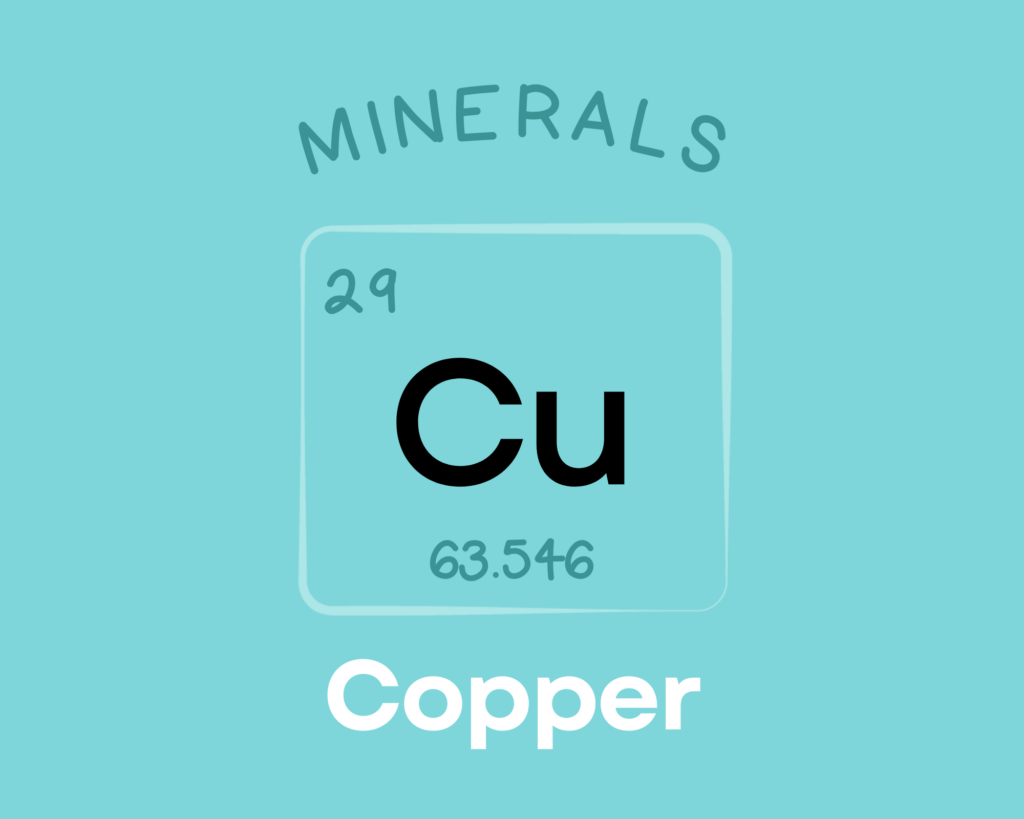
Copper is a trace mineral that’s essential for all living organisms. Copper serves as a component of numerous enzymes and proteins in the body, giving it diverse roles in the growth, development, and maintenance of various organs (including the heart and brain), bone, and connective tissue. Copper is also involved in glucose and cholesterol metabolism, helps regulate gene expression, can scavenge free radicals, and is needed for the production of red blood cells. Learn more about copper here.
Sunflower Seeds Provide 354.4 mg of Polyphenols
Sunflower seeds are an excellent source of polyphenols, providing 354.4 mg of polyphenols per 1-ounce serving!
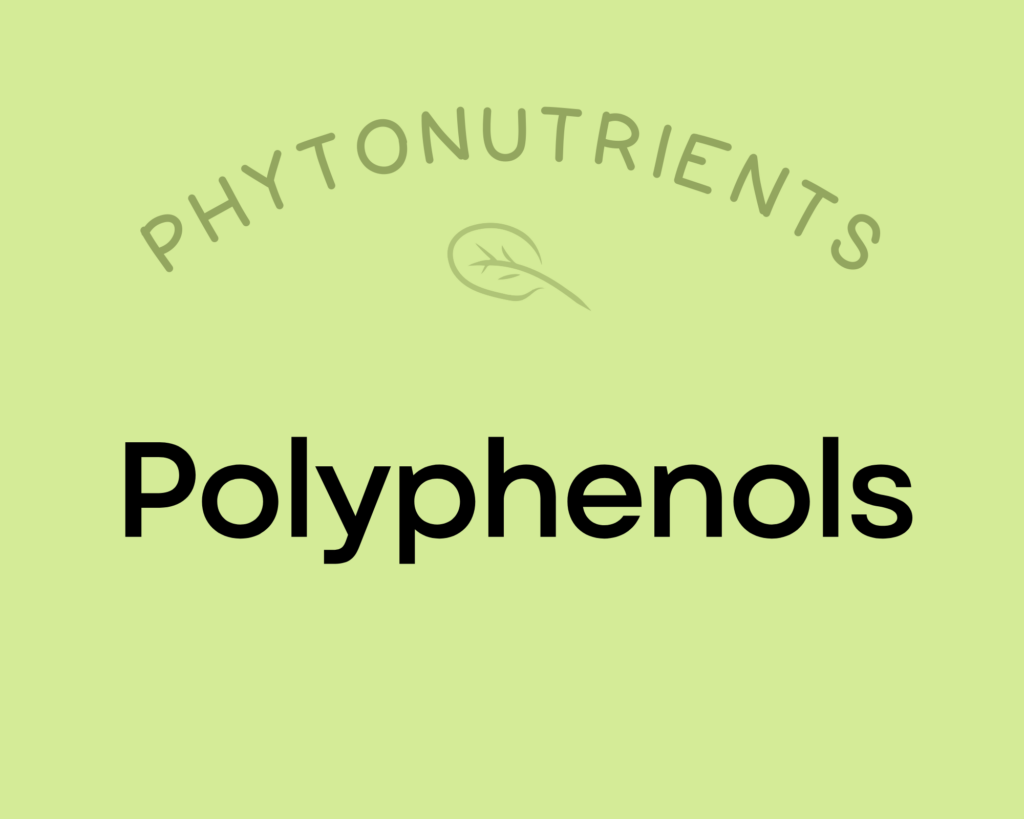
Polyphenols play a huge role in protecting against cancer, heart disease, diabetes, asthma, osteoporosis, neurodegenerative diseases, and other conditions associated with oxidative stress. In fact, a major reason foods like red wine and olive oil (as well as diets rich in both, such as the Mediterranean diet) show up as so beneficial may be due to their high polyphenol content! Along with chronic diseases, supplementing with polyphenols has been shown to protect against infections and reduce the signs of aging. Polyphenols exert their most potent effects by acting as antioxidants—preventing cellular damage by neutralizing hazardous oxygen radicals and improving cellular health as a result (which, in turn, benefits virtually every system in the body). As a result of their antioxidant properties, polyphenols also boost the immune system and protect against both chronic and acute diseases. In addition, polyphenols can help regulate enzyme function, stimulate cell receptors, modulate the functions of inflammatory cells (including T and B lymphocytes, macrophages, platelets, and natural killer cells), alter adhesion molecule expression, affect nerve cells and cardiac muscle cells, and exert antiviral effects. Learn more about polyphenols here.
Sunflower Seeds Provide 38% DV Linoleic Acid
Sunflower seeds are also an excellent source of linoleic acid, providing 38% of the daily value per 1-ounce serving!
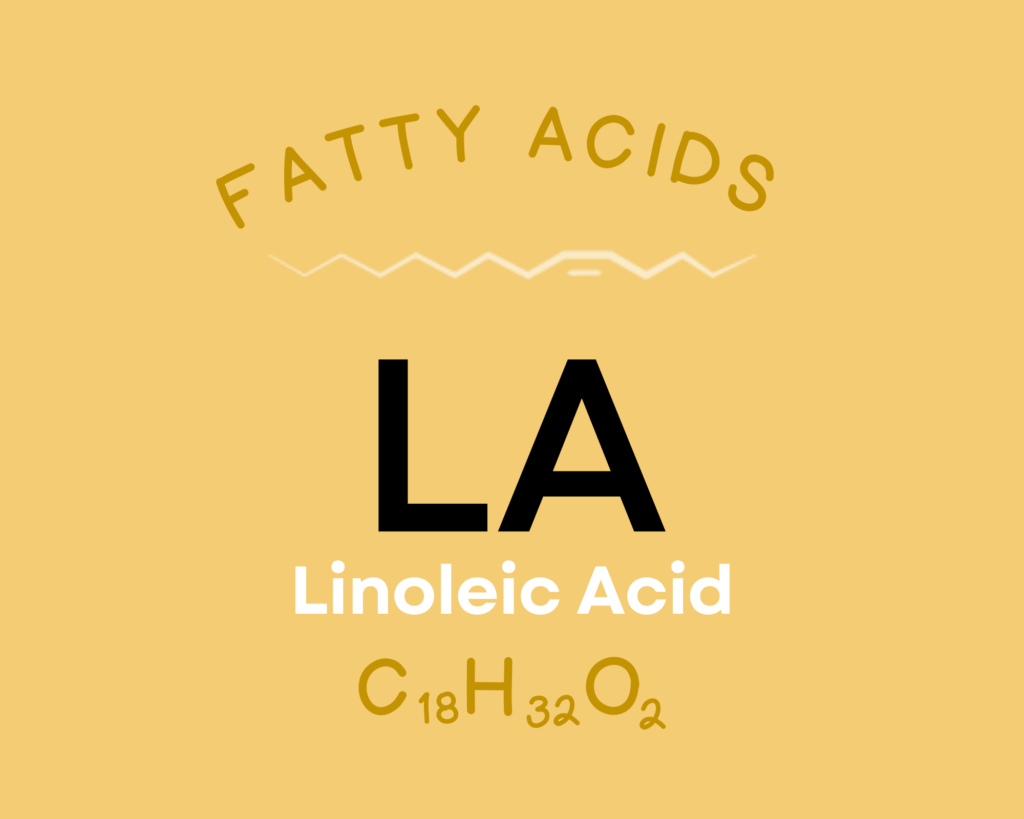
Linoleic acid is the only essential omega-6 fatty acid. Along with being required for human growth and development, it serves as a structural component of cell membranes, plays a role in maintaining skin health and integrity, and is a precursor for bioactive lipid mediators. Although linoleic acid can lower LDL cholesterol levels, research hasn’t consistently shown any protective effect against heart disease. Likewise, there’s mixed evidence (some showing benefit, some showing harm) for the effects of linoleic acid on cancer. Higher intakes have also been associated with depression and obesity, although it may have a protective effect against diabetes. Learn more here.
Sunflower Seeds Provide 35% DV Vitamin B1 (Thiamin)
Sunflower seeds are an excellent source of vitamin B1 (thiamin), providing 35% of the daily value per 1-ounce serving!
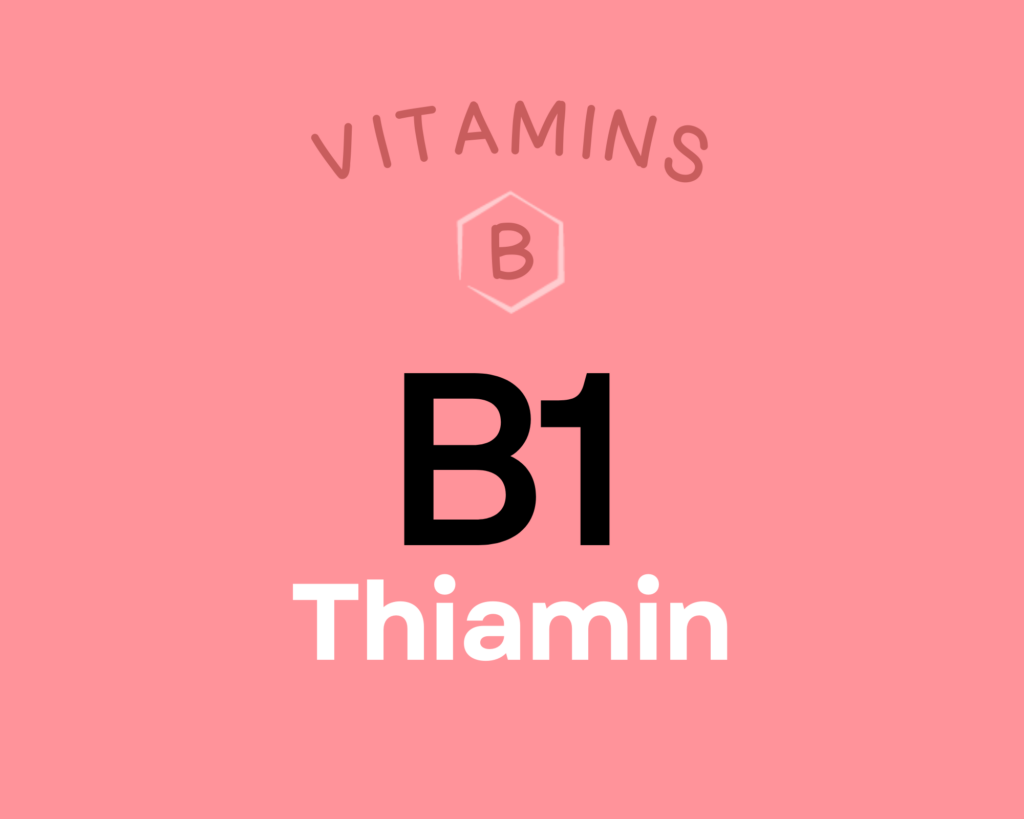
Thiamin (sometimes spelled thiamine, and also called vitamin B1) is a water-soluble vitamin. In its active form of thiamin pyrophosphate, it serves as a cofactor for a variety of enzymes involved in carbohydrate and amino acid metabolism, RNA and DNA production, and generating energy for the Krebs cycle. Research suggests vitamin B1 could help prevent blood sugar and insulin increases in people with disordered glucose metabolism, reduce the risk of cataracts, and improve health and mortality outcomes in patients with sepsis. Because aggressive tumors have high thiamin demands, it’s uncertain whether supplementing with thiamin while having cancer is beneficial due to preventing deficiency, or harmful due to providing more fuel for tumor growth. Insufficient thiamin may increase the risk of Alzheimer’s disease, and when chronic, leads to a deficiency disease called beriberi. Learn more about vitamin B1 here.
Sunflower Seeds Provide 27% DV Selenium
Sunflower seeds are an excellent source of selenium, providing 27% of the daily value per 1-ounce serving!
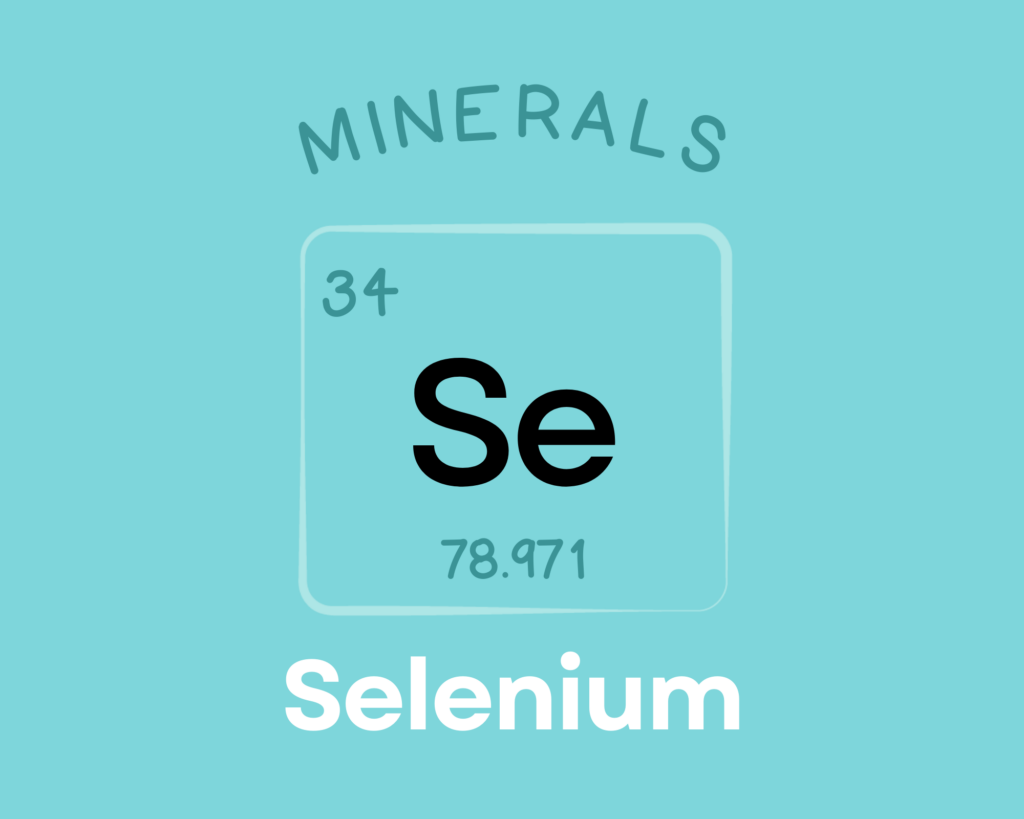
Selenium is a trace mineral needed by all mammals to sustain life. It serves as a component of the non-proteinogenic amino acids selenocysteine and selenomethionine, and also helps form over two dozen selenoproteins involved in reproduction, thyroid hormone metabolism, antioxidant defense, DNA synthesis, and immunity. Observational research suggests selenium could play a protective role against cancer, heart disease, asthma, and inflammatory bowel disease, although human trials have generally been lacking or contradictory. There’s also evidence that selenium can play a preventative role in asthma and inflammatory bowel disease, while also reducing mortality in patients with sepsis. Learn more about selenium here.
Sunflower Seeds Provide 26% DV Monounsaturated Fatty Acids (MUFA)
Sunflower seeds are an excellent source of monounsaturated fatty acids (MUFA), providing 26% of the daily value per 1-ounce serving!
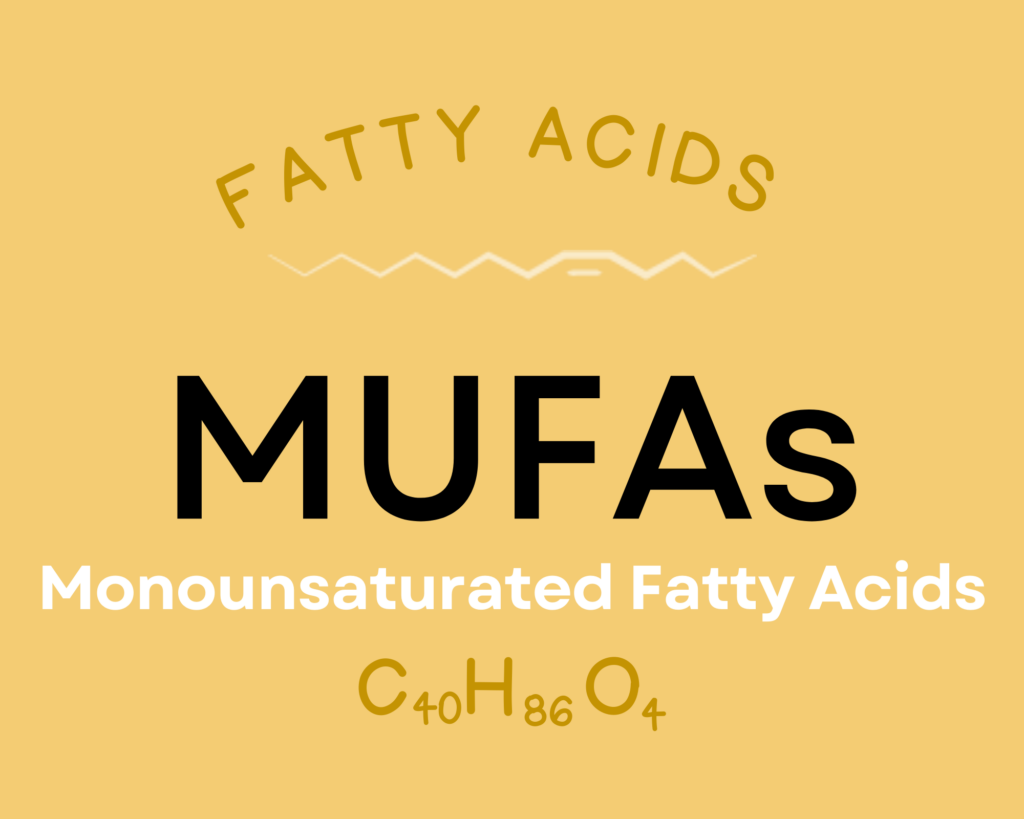
Monounsaturated fatty acids (MUFA), the most abundant of which is oleic acid, play an important role in cellular function due to its presence in phospholipids in cell membranes. Oleic acid is beneficial for cardiovascular health—both in reducing risk factors like high blood pressure, cholesterol, triglycerides, inflammation, and oxidative stress, and in reducing actual cardiovascular disease incidence and events. Oleic acid has even demonstrated anti-cancer activity, with an ability to inhibit the progression, proliferation, and metastasis of several types of cancer cells. Research shows this fat could benefit body weight regulation and obesity through its effects on energy metabolism and lipogenesis. In fact, human trials show that enriching diets with oleic acid leads to decreases in central obesity, abdominal fat, body weight, and food intake, while also possibly increasing energy expenditure! Oleic acid also possesses some benefits for diabetics—influencing genes and pathways involved in insulin signaling and glucose metabolism, as well as helping protect against some complications of diabetes, like diabetic retinopathy and atherosclerosis. Learn more about oleic acid here.
Sunflower Seeds Provide 24% DV Manganese
Sunflower seeds are an excellent source of manganese, providing 24% of the daily value per 1-ounce serving!
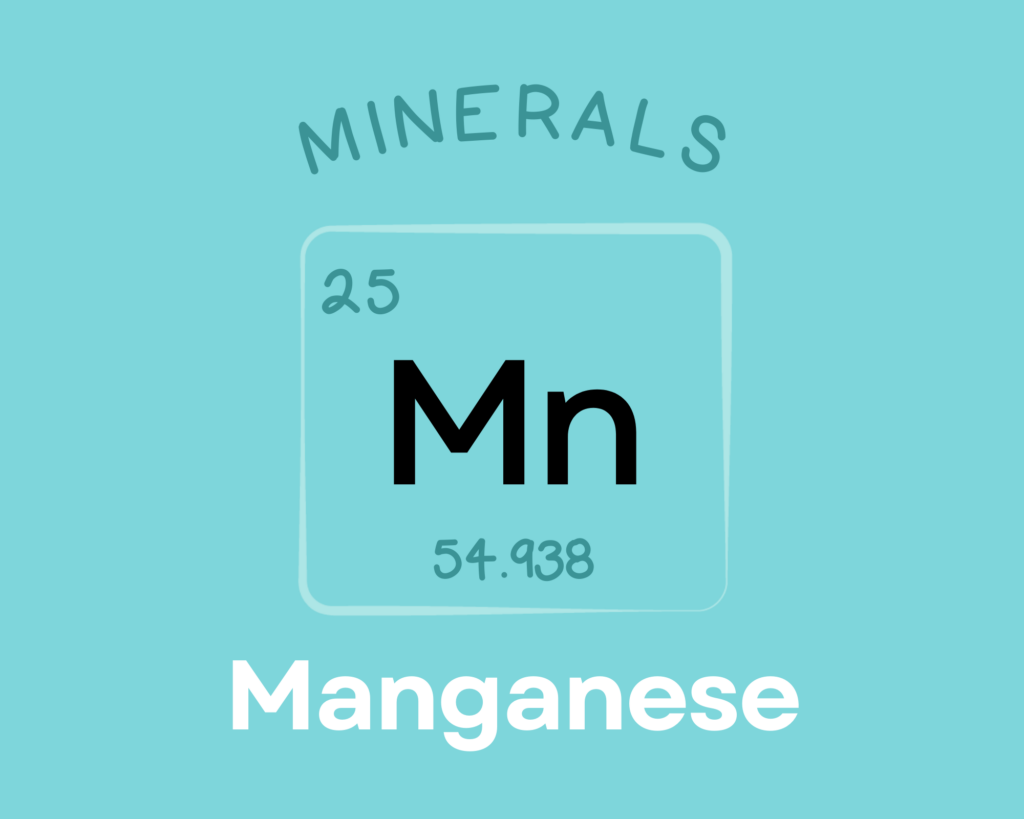
Manganese is an essential mineral that serves as a cofactor and component of numerous enzymes. Through these roles, it’s involved in carbohydrate metabolism, amino acid synthesis, gluconeogenesis, detoxification, lipid processing, free radical defense, bone and collagen formation, and wound healing. Although the research so far is limited, some evidence suggests that manganese can protect against osteoporosis and diabetes, and may even be involved in seizure disorders. Learn more about manganese here.
Sunflower Seeds Provide 22% DV Magnesium
Sunflower seeds are an excellent source of magnesium, providing 22% of the daily value per 1-ounce serving!
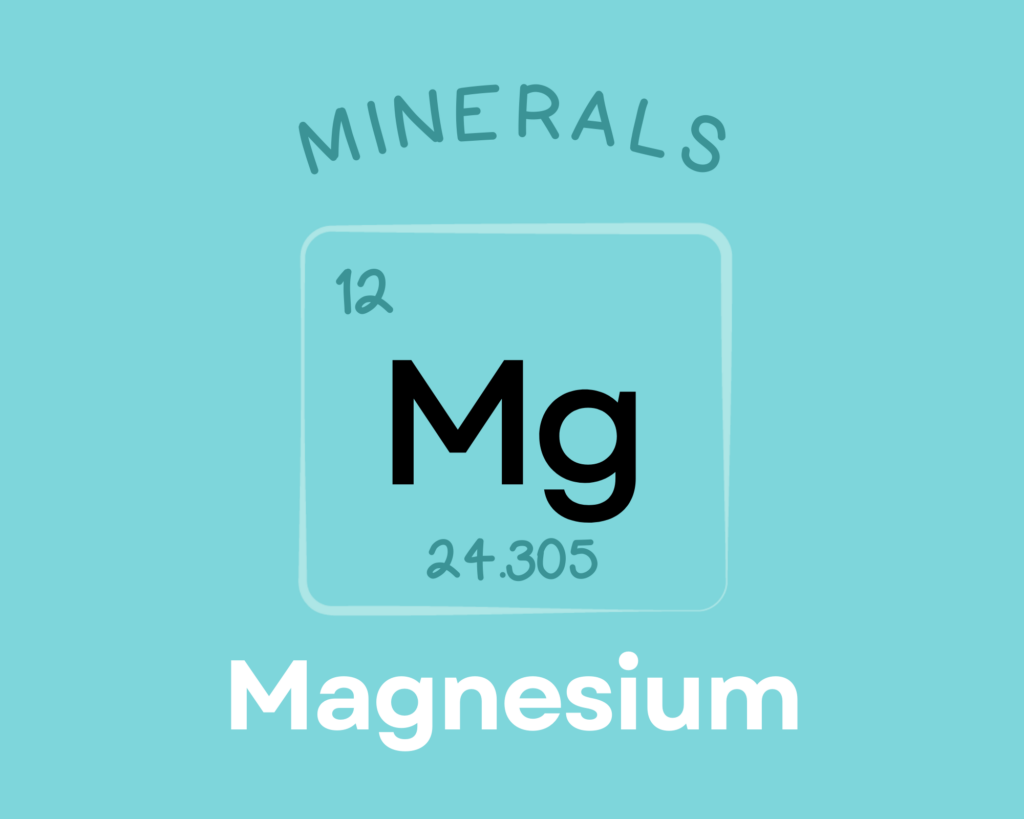
Magnesium is an essential mineral needed by every cell in the body. As an electrolyte, it’s important for regulating fluid balance, nerve and muscle function, blood pH, and neurotransmission. It also serves as a cofactor for hundreds of different enzymes, giving it a role over 300 metabolic reactions—including pathways for cell signaling, energy production, protein synthesis, nucleic acid synthesis, and ion transport. Magnesium also has important structural functions in cells and bone tissue. Consuming enough magnesium may help protect against a variety of chronic diseases, including cardiovascular disease, type 2 diabetes, and osteoporosis. Learn more about magnesium here.
Sunflower Seeds Provide 22% DV Vitamin B6 (Pyridoxine)
Sunflower seeds are an excellent source of vitamin B6 (pyridoxine), providing 22% of the daily value per 1-ounce serving!
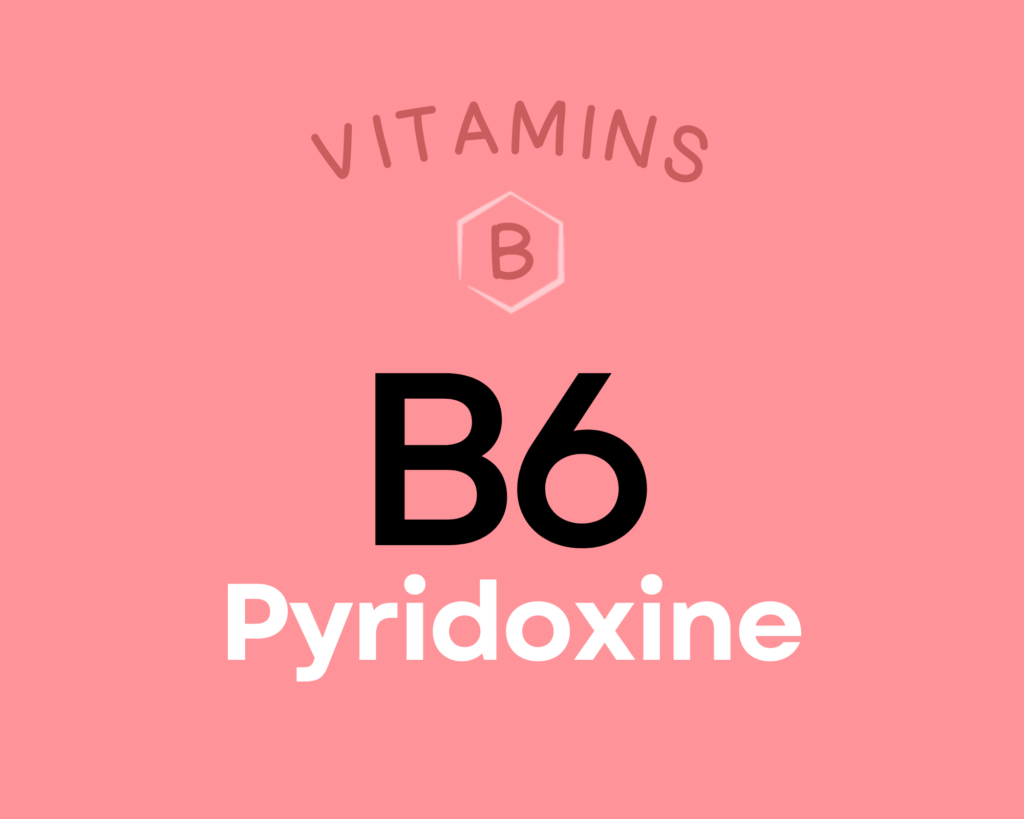
Vitamin B6 (pyridoxine) is a group of six water-soluble compounds with a similar chemical structure, all of which can be converted into their active form of pyridoxal 5’-phospate (PLP). Over 100 different enzymes require vitamin B6 in order to carry out their various functions in protein metabolism, fatty acid metabolism, neurotransmitter production, gluconeogenesis, hemoglobin synthesis, the release of glucose from glycogen, and energy metabolism (particularly the production of ATP in the Krebs cycle). Research suggests vitamin B6 may help protect against cardiovascular disease and certain cancers, could reduce the risk of depression among the elderly, and even reduce symptoms of morning sickness and PMS. Learn more about vitamin B6 here.
Learn What Foods Are the Best Sources of Every Nutrient
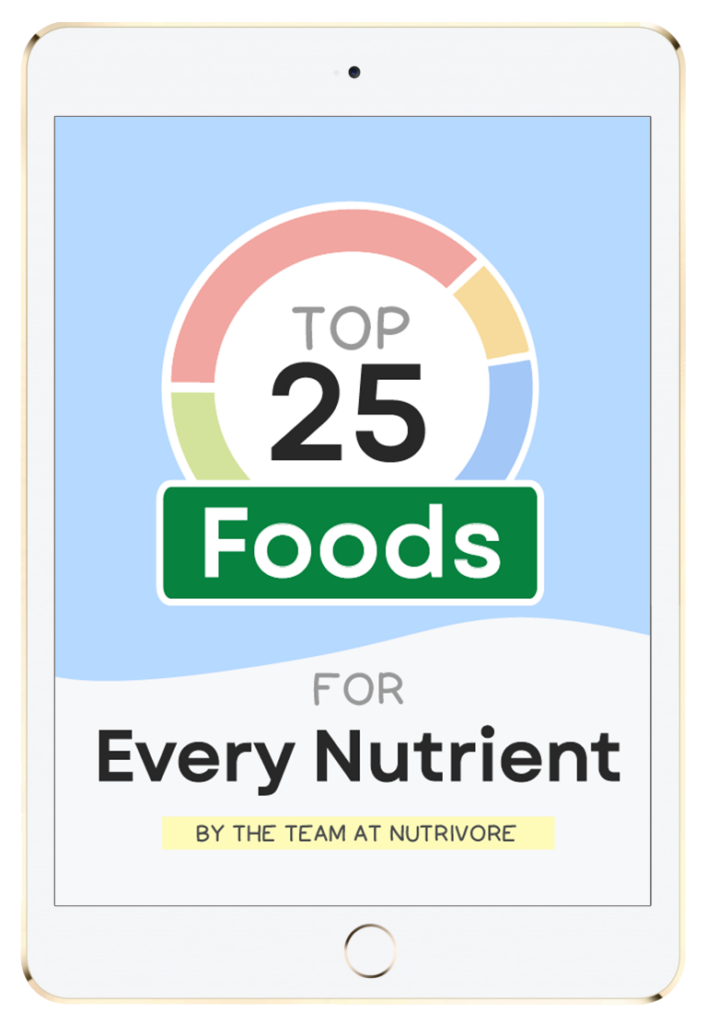
The Top 25 Foods for Every Nutrient
The Top 25 Foods for Every Nutrient e-book is a well-organized, easy-to-use, grocery store-friendly guide to help you choose foods that fit your needs of 43 important nutrients while creating a balanced nutrient-dense diet.
Get two “Top 25” food lists for each nutrient, plus you’ll find RDA charts for everyone, informative visuals, fun facts, serving sizes and the 58 foods that are Nutrient Super Stars!
Buy now for instant digital access.
How Much Sunflower Seeds Should We Eat Per Day?
Not only do seeds make for a tasty and convenient snack food, all the nutrition found within these tiny nuggets of goodness might just ex-seed your expectations!
Nuts and seeds are some of the most nutritious, whole-food healthy fat sources out there! They have been associated with lower rates of a variety of chronic diseases and all-cause mortality. In a study of adults at high risk of cardiovascular disease, eating more than three servings of nuts per week resulted in a 39% reduced risk of death from all causes. Nut and seed consumption is also associated with lower body mass index, lower waist circumference, and lower occurrence of type 2 diabetes.
In a meta-analysis encompassing 354,933 total participants, one serving of nuts per day was associated with a 27% reduced risk of all-cause mortality and a 39% reduced risk of cardiovascular disease mortality, and the highest nut consumers saw a 14% reduced risk of cancer mortality. Additional research has shown that nut consumption is associated with lower risk of mortality from respiratory diseases (52% reduced risk), neurodegenerative disease (35% reduced risk), infectious disease (75% reduced risk), and kidney disease (73%).
However, there are some compelling reasons not to “go nuts” on nuts (hyuck, see what I did there?). Health benefits of nut and seeds consumption do not continue to increase beyond about 1 ounce (28 grams) per day, and there’s some evidence that consuming large amounts of nuts daily can increase disease risk (at least for stroke). That means eating more than a palmful per day won’t do us any favors (and may potentially undermine our health). And, nuts should be avoided by people with allergies or sensitivities (in which case, seeds can deliver comparable health benefits).
While not every nut or seed has been extensively studied, we can expect variety to be important. For instance, every nut and seed that has been evaluated in terms of its impact on the gut microbiome shows unique benefits. So again, mix it up as in “mixed nuts!” (Hyuck)
Easily track your servings of Nutrivore Foundational Foods!
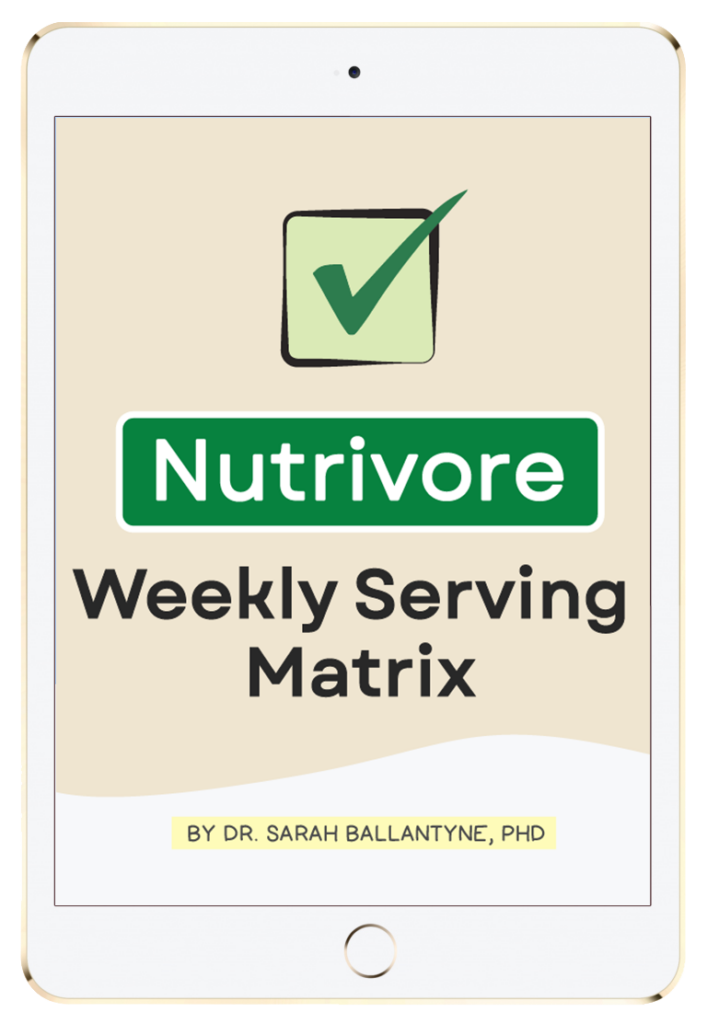
The Nutrivore Weekly Serving Matrix
The Nutrivore Weekly Serving Matrix digital resource is an easy-to-use and flexible weekly checklist designed to help you maximize nutrient-density and meet serving suggestions of Nutrivore foundational foods, all without having to weigh or measure your foods!
Includes a 22-page instructional guide and downloadable interactive guides.
Buy now for instant digital access.
cITATIONS
Expand to see all scientific references for this article.
Clements RS Jr, Darnell B. Myo-inositol content of common foods: development of a high-myo-inositol diet. Am J Clin Nutr. 1980 Sep;33(9):1954-67. doi: 10.1093/ajcn/33.9.1954. PMID: 7416064.
Normén L, Ellegård L, Brants H, Dutta P, Andersson H. A phytosterol database: Fatty foods consumed in Sweden and the Netherlands. Journal of Food Composition and Analysis. 2007. Vol 20(3):193-201. doi: 10.1016/j.jfca.2006.06.002.
Phenol-Explorer: Sunflower seed, meal
USDA Food Central Database: Seeds, sunflower seed kernels, dried
Watanabe T, Kioka M, Fukushima A, Morimoto M, Sawamura H. Biotin content table of select foods and biotin intake in Japanese. Int J Anal Bio-Sci. 2014. Vol 2(4):109-125.


